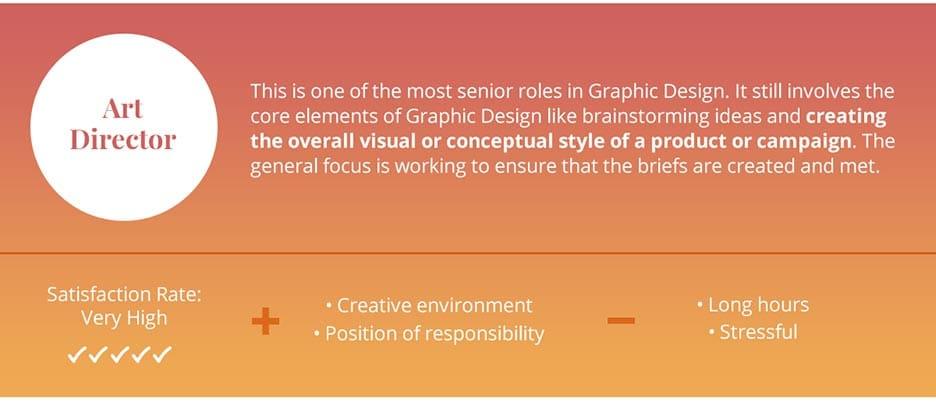Learning Design Manager: key Skills, responsibilities, and Career Growth Explained
Introduction
Education technology is transforming how knowledge is delivered and received across universities, colleges, and schools worldwide. As institutions adopt innovative digital solutions, the role of a Learning Design Manager has emerged as pivotal. If you’re a job seeker aiming for a dynamic position in education, understanding the ins and outs of this role can set you on a rewarding career path. In this comprehensive guide, we’ll break down the essential skills, core responsibilities, career opportunities, and actionable tips to help you become a Learning Design Manager in the edtech sector.
What is a Learning Design Manager?
A Learning Design manager is a specialist who coordinates the creation, implementation, and evaluation of instructional materials and digital learning experiences.Working within universities, colleges, and schools, these professionals bridge the gap between teaching strategies and educational technology. Their overarching goal is to enhance the quality of learning for students by collaborating with faculty,instructional designers,IT teams,and other stakeholders to create effective,accessible,and engaging educational content.
Key Responsibilities of a learning Design Manager
As a Learning Design Manager, you play a multifaceted role, overseeing the instructional design process from conception to delivery. Key responsibilities include:
- Project Leadership: Manage end-to-end learning design projects, ensuring timely delivery of high-quality e-learning modules and resources.
- curriculum Development: collaborate with subject matter experts (SMEs) and faculty to design, review, and update engaging curricula aligned with institutional goals and compliance standards.
- Instructional Strategy: Develop evidence-based instructional methodologies, assessment strategies, and learner-centered content using pedagogical best practices.
- Technology Integration: Select and implement digital tools, platforms, and learning Management Systems (LMS) to enhance both online and blended learning experiences.
- Team Supervision: Lead and mentor a team of instructional designers, multimedia developers, and educators in the production of digital materials.
- Quality Assurance: Oversee usability testing, learning analytics, and outcome assessments to ensure courses meet accessibility, diversity, and inclusion standards.
- Professional Development: Organize training and workshops for faculty and staff to adopt new instructional technologies and pedagogies.
- Stakeholder Communication: Facilitate dialog among internal departments, external partners, and learners to gather feedback and promote continuous betterment.
Key Skills Required for Learning Design Managers
To thrive as a Learning Design Manager in education technology, several core competencies are essential:
1. Pedagogical Knowledge
Understanding modern instructional theories,adult learning principles,and course design frameworks (such as ADDIE and SAM) is crucial.
2. Project Management
Strong organizational and leadership skills help Learning Design Managers oversee multiple projects, allocate resources, and manage timelines efficiently.
3.Digital Literacy
Proficiency with e-learning authoring tools (like Articulate Storyline, Adobe Captivate), LMS platforms (such as Moodle, Blackboard, Canvas), and collaboration tools is a must.
4. communication and Collaboration
Excellent interpersonal skills foster clear communication and collaboration among diverse teams,faculty,and technical staff.
5. Data Analysis
Ability to analyze learner performance data, feedback, and usage analytics to optimize instructional strategies and demonstrate the impact of digital solutions.
6. Change Management
Learning Design Managers must navigate resistance and drive institutional change by demonstrating the value and benefits of educational technology.
7.Problem-Solving
Creativity and critical thinking skills help identify challenges and develop innovative educational solutions tailored to diverse learning needs.
Career Growth Opportunities
A career as a Learning Design Manager offers a clear pathway to senior leadership roles in academia and EdTech. Here’s what your career trajectory might look like:
- Senior Learning Designer or Principal Instructional Designer – For those who wish to specialize in advanced curriculum design and pedagogy.
- Director of Educational Technology – Overseeing strategic technology adoption and implementation across an institution.
- Head of Online Programs or E-Learning – Managing digital education offerings on a larger scale, including oversight of remote or international programs.
- Chief Learning Officer (CLO) – Leading learning and development strategies, often in both higher education and the corporate training sector.
In addition, Learning Design Managers often gain opportunities to speak at conferences, contribute to research publications, and shape institutional policy regarding digital pedagogy.
Benefits of Working as a Learning Design Manager
- Impactful Work: Influence the teaching and learning experiences of hundreds or thousands of students.
- Professional Growth: Stay at the forefront of educational trends, technologies, and innovative practices.
- Collaborative Environment: Engage with educators, technologists, and designers in a stimulating academic setting.
- Strong Job Outlook: With the rapid expansion of online learning, demand for skilled Learning Design managers continues to grow in universities, colleges, and schools worldwide.
- Work-Life Balance: Many institutions offer flexible or remote work arrangements for EdTech leadership positions.
Practical Tips for Aspiring Learning Design Managers
if you’re eager to become a Learning design Manager in education technology, follow these practical steps to boost your employability:
- Obtain Relevant Education: A master’s degree in instructional design, educational technology, curriculum development, or related fields is frequently enough preferred.
- Gain Hands-on Experience: Seek roles as an instructional designer,e-learning developer,or related positions in K-12,higher education,or professional development sectors.
- Develop Technical Proficiency: Build expertise in industry-standard authoring tools and LMS platforms. Many offer certifications to enhance your portfolio.
- Build a Diverse Portfolio: Showcase a range of projects, including online modules, hybrid courses, and instructional resources you have designed or managed.
- network in the EdTech Community: Join professional associations and contribute to forums, webinars, and conferences to stay updated on trends and job openings.
- Stay Current: Continually update your knowledge on emerging educational technologies, digital accessibility standards, and learning analytics.
- Enhance Soft Skills: Hone your leadership, communication, and project management abilities, as these are crucial for supervising teams and collaborating institution-wide.
Conclusion
The role of a Learning Design Manager sits at the exciting intersection of education and technology. With universities, colleges, and schools keen on enriching their digital learning environments, skilled professionals in this field enjoy competitive job prospects, professional fulfillment, and the opportunity to make a lasting impact on education. By mastering essential skills and embracing ongoing growth, you can shape the future of learning and build a meaningful career in education technology.

